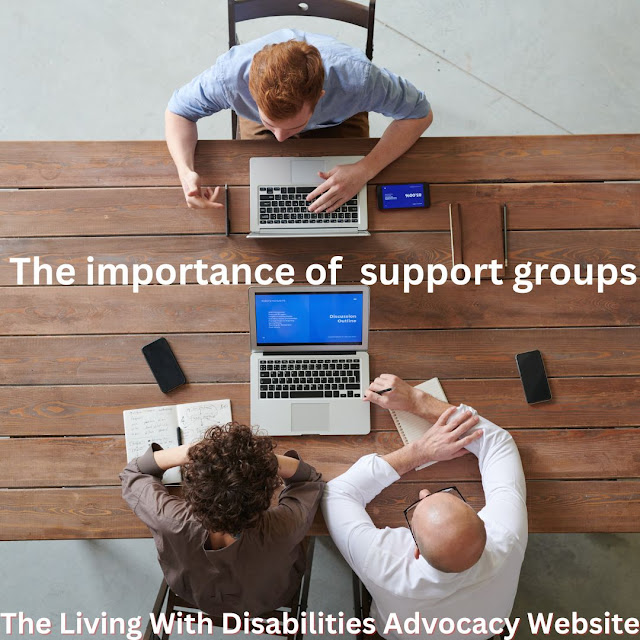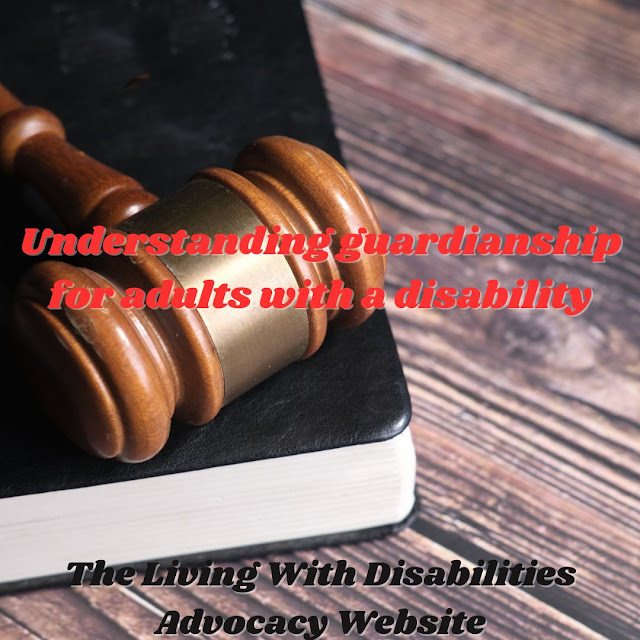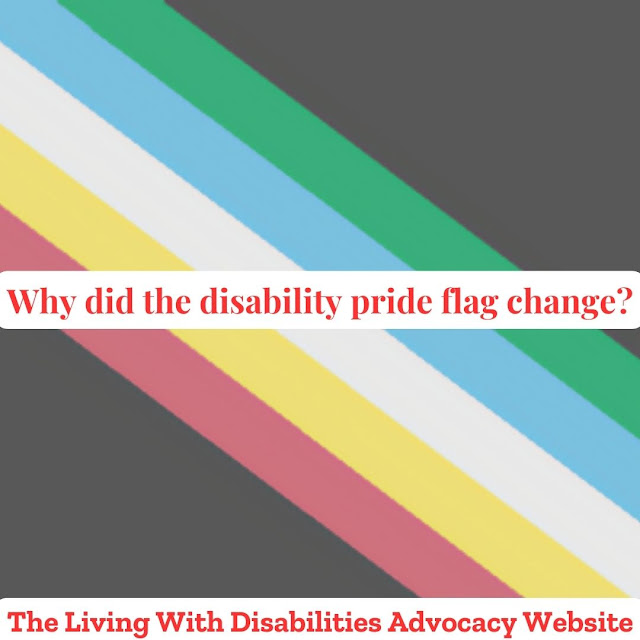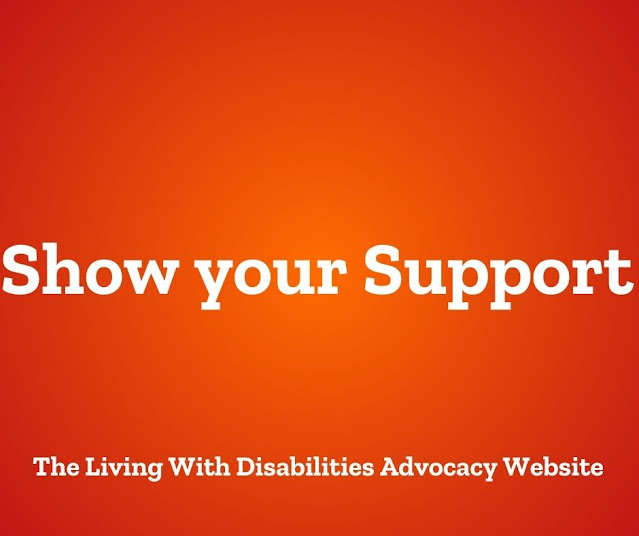The importance of support groups
If you're a new visitor to this advocacy website, this page aims to increase public understanding of those with disabilities and other conditions.
We suggest you seek a licensed professional counselor or healthcare provider for anything you read on this site.
This week, Living With Disabilities will talk about the importance of online and offline support groups. What they can and cannot provide How can you receive support?
Does this describe who you are? Before seeing a professional counselor or other healthcare practitioner when you need help, you may occasionally reach out to your doctor or, even better, you want to ask your peers for guidance.
It's always beneficial to ask your peers for guidance and suggestions. However, it shouldn't be taken as expert counsel. Even while some of your friends might be doctors, they are not your doctor or counselor, they don't have access to your medical data, and you are not their patient. You should consider their advice and share it with your medical practitioner.
A peer-to-peer support group is crucial because it enhances your well-being, which results in fewer hospital visits and more self-esteem. Additionally, it gives you the power to make wiser decisions for yourself and work toward living a fulfilling life.
What about online peer-to-peer support groups? Joining an online peer-to-peer group reduces stigma, loneliness, and isolation while boosting confidence, hope, and optimism. It also provides you with emotional support, knowledge, and experience in coping with issues related to your mental and physical health. Additionally, it provides a secure environment where you may voice your worries. You will leave with others' sympathy, affirmation, and reassurance that you are not alone in your struggles.
Are Online support groups better than face-to-face? Online support groups can connect you with people who can offer crisis assistance; face-to-face gatherings might not be able to do so. Because of the flexible schedule. Connecting with individuals in times of need through online help is quite flexible.
Now that you are aware of how crucial support groups are, you must comprehend that anyone may start them for a variety of causes. Additionally, they aren't there in any manner to manipulate you. Despite the fact that some members of these groups hold professional degrees, they will be straightforward and honest with you. You should consider their information to be advice ONLY!
Can you combine online support with face-to-face? There are two different types of strength when you get online support vs. face-to-face support. As mentioned; face-to-face support isn't as flexible whereas online support is flexible because there is someone online willing to help you when needed. Here is living with disabilities advice: remember what you read or hear and talk with your healthcare provider or counselor. Living with disabilities may require some knowledge of what is shared. However, Living With Disabilities does not have a professional degree of any kind.
Both forms of assistance have advantages and disadvantages, but one may outweigh the other. Always remember that you are the expert on your own issue. Do what is best for you if you feel the need to combine since no one knows you better than you do.
What kind of support groups do you find helpful, if any, and in what ways? Would you suggest them to other people?
Living With Disabilities Presents: The Advocacy Table
a space created for people with disabilities to be able to have freedom of speech and talk on different topics surrounding the disability community. To get more details, check out The Advocacy Table. To become a panelist, Write into the show and let the host know what topic you want to talk about. She will then send out a group email to all panelists after the show has reached five or ten people. After the show, a survey will be emailed to you, and we would love to get your feedback.
If you need online support, Disability Safe Haven is great for receiving support. The We Care Team is very protective of its members and asks everyone who joins, to have a profile picture and answer the security questions.
Another online support, Living With Cerebral Palsy, is great for people with cerebral palsy and for family and friends who want to learn more about different types of cerebral palsy and how to support their loved ones who have it. This group has open and closing hours and a 24/7 chatroom. Open and closing hours are based on United States time zones.
Podcast Link




Comments
Post a Comment